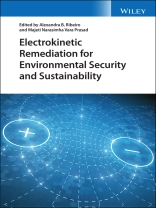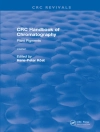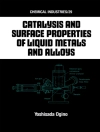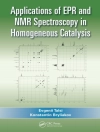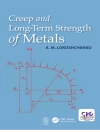Electrokinetic Remediation for Environmental Security and Sustainability
Explore this comprehensive reference on the remediation of contaminated substrates, filled with cutting-edge research and practical case studies
Electrokinetic Remediation for Environmental Security and Sustainability delivers a thorough review of electrokinetic remediation (EKR) for the treatment of inorganic and organic contaminants in contaminated substrates. The book highlights recent progress and developments in EKR in the areas of resource recovery, the removal of pollutants, and environmental remediation. It also discusses the use of EKR in conjunction with nanotechnology and phytoremediation.
Throughout the book, case studies are presented that involve the field implementation of EKR technologies. The book also includes discussions of enhanced electrokinetic remediation of dredged co-contaminated sediments, solar-powered bioelectrokinetics for the mitigation of contaminated agricultural soil, advanced electro-fenton for remediation of organics, electrokinetic remediation for PPCPs in contaminated substrates, and the electrokinetic remediation of agrochemicals such as organochlorine compounds. Other topics include:
* A thorough introduction to the modelling of electrokinetic remediation
* An exploration of the electrokinetic recovery of tungsten and removal of arsenic from mining secondary resources
* An analysis of pharmaceutically active compounds in wastewater treatment plants with a discussion of electrochemical advanced oxidation as an on-site treatment
* A review of rare earth elements, including general concepts and recovery techniques, like electrodialytic extraction
* A treatment of hydrocarbon-contaminated soil in cold climate conditions
Perfect for environmental engineers and scientists, geologists, chemical engineers, biochemical engineers, and scientists working with green technology, Electrokinetic Remediation for Environmental Security and Sustainability will also earn a place in the libraries of academic and industry researchers, engineers, regulators, and policy makers with an interest in the remediation of contaminated natural resources.
Giới thiệu về tác giả
Alexandra B. Ribeiro, is Associate Professor in Habilitation in Environmental Engineering at NOVA School of Sciences and Technology at NOVA University Lisbon in Portugal. She received her doctorate in Environmental Engineering at the Technical University of Denmark.
Majeti Narasimha Vara Prasad is Emeritus Professor in the School of Life Sciences at the University of Hyderabad in India. He has published over 216 papers in scholarly journals and edited 34 books. He received his doctorate in Botany from Lucknow University, India in 1979. Based on an independent study by Stanford University scientists in 2020, he figured in the top 2% of scientists from India, ranked number 1 in Environmental Sciences (116 in world).
